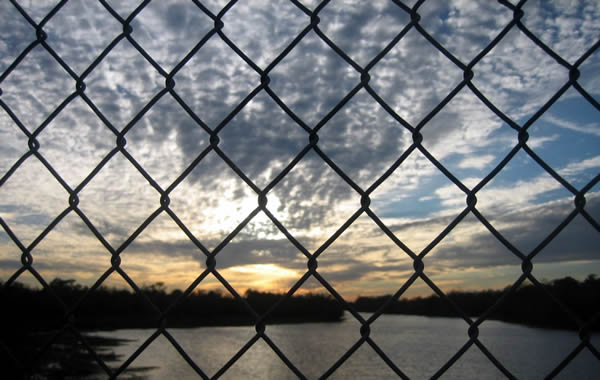Torah Sparks
Have you ever made a big mistake and then, almost immediately regretted it and wished to take it back? Was it a word said? Or an action, done in a state of emotional turmoil? Or, was it an act of omission, rather than a decisive deed, avoided out of cowardice or negligence or miscalculation? Were you able to reverse the course of time? Did you succeed in retrieving the deed or erasing the move? Probably not.
Such was the case, it seems, for the entire people of Israel. In the story of this week’s Torah portion we watch the Israelites throw away what was, literally, the chance of a lifetime. They were about to enter the Promised Land. This was a land that they had heard about from their parents and grandparents, from generation to generation. None of them, being slaves for so long, had ever seen it. But the dream was kept alive in the folk memory of the people. Now that dream was about to come true! Poised at the border of the country, the Israelites sent scouts to spy out the land. How fortunate were these men, who were the first Jews to see the holy land in many, many years. But these designated scouts concluded that entrance to Israel was an impossible idea. And the entire people was convinced by their report.
In fury God decided that this unfaithful folk would not live to enter the Land. They would stay homeless and wander for 40 years, their chance to enter the Land of Israel lost to them forever.
When the mistake of their refusal to enter the Land finally hit them, the Israelites were overcome with remorse. They quickly organized themselves into a vanguard force and decided to enter the Promised Land immediately. They were desperately trying to rewind the film and reshoot the scene. They wished to redo reality and they wished to remake themselves. The spies had returned from Israel telling everyone that they did not like what they saw. But now the Israelites surveyed their own selves and they did not like what they saw. They frantically wanted to retrace their mental steps and become courageous heroes rather than cowardly ingrates. “We have sinned!” they cried. Now they would invade the land and even be ready to valiantly die in the battle.
But Moses told them that it was too late. He begged them not to go. But they would not listen to him, just as they would not listen to Caleb and Joshua when they had tried to convince the Israelites to go forward with faith in God. And they were massacred by the enemy.
Why did they fall in battle? After all, hadn’t they repented and confessed their sin? Perhaps this was an example of human behavior and thinking that we see all too often. Perhaps the Israelites were too convinced that their intense desire to erase their mistake was sufficient, in itself, to erase it. Yes, they admitted their error. But did they stop to check whether their error had, indeed, disappeared? Even if we consider their confession to be an apology, does offering an apology automatically constitute an erasure of the sin? What role does the wronged party play here? Is there no need, after a genuine apology, to wait for a forgiving response? To wait in humility and perhaps in shame, in tension, dread and hope? For this was a failure that was a sin, not only against their own best selves, but against Another. Could they wait until their God would forgive them?
But the Israelites were not willing to wait. Their self-centered despair would not let them accept that reality was not all theirs, to be manipulated and shifted, from future to past and back again. This self-centered generation was condemned to spend the rest of their lives tending to their children, raising them not to repeat their error, preparing them to enter the land together with their friends and neighbors, but without them.
Shabbat Shalom
Rabbi David Greenstein
Image “untitled” by Katy Warner used with permission via Creative Commons: Attribution License
- Toby Stein: In Memoriam - Thu, Feb 8, 2024
- Faithfulness and Hope: Parashat Sh’lach - Thu, Jun 23, 2022
- Past Their Prime: Parashat B’ha`a lot’kha - Thu, Jun 16, 2022

